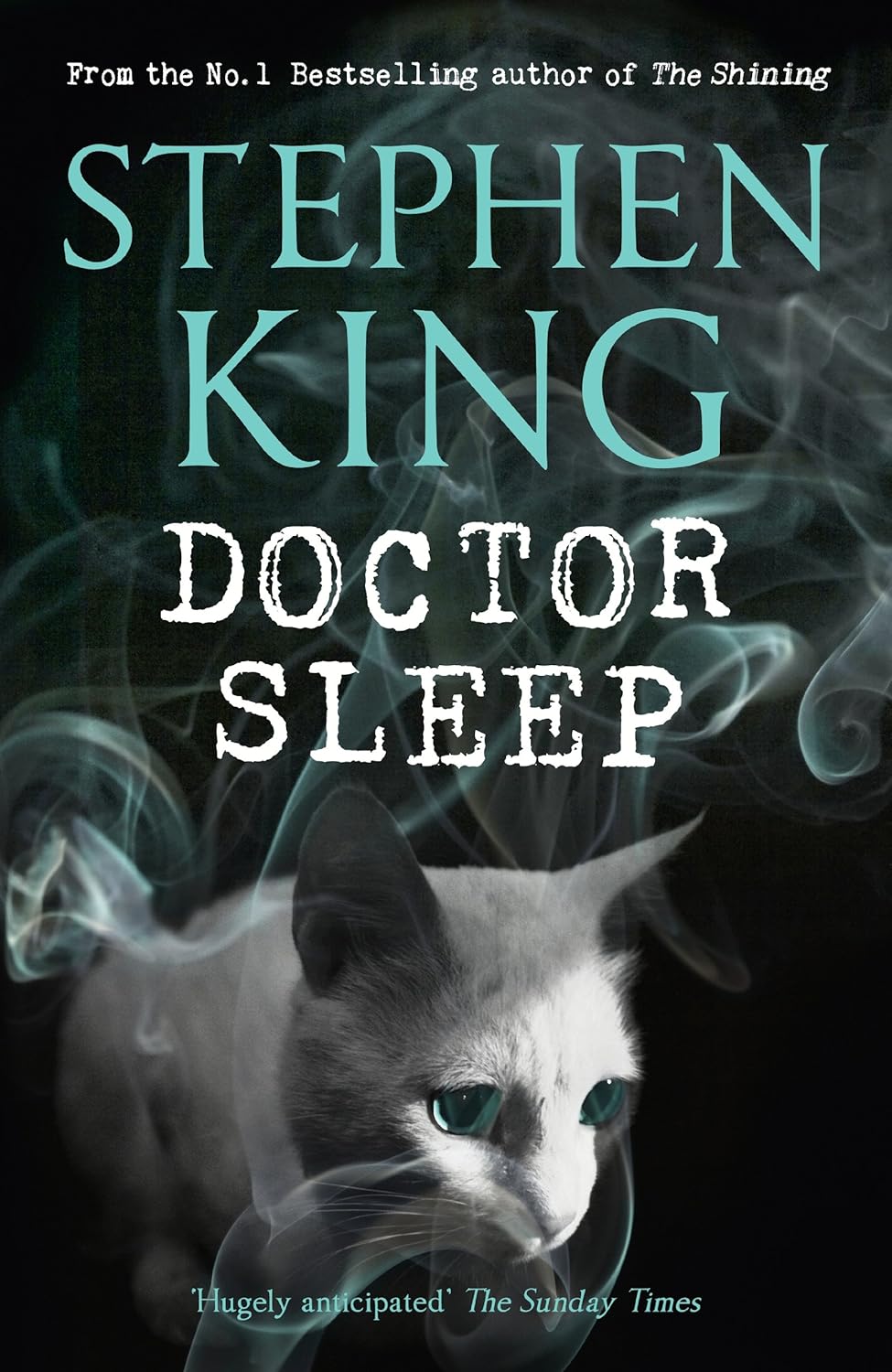On April 14th the second in this outstanding trilogy is released. This review of the first book is to introduce you to the story and concept, and let you get a chance to get to know Josiah Stubb.
You can preorder the book here at Amazon.
Trust me. It is worth it!
You can preorder the book here at Amazon.
Trust me. It is worth it!
That solid mass of men appeard unstoppable, and indeed, there was many a nervous glance between us, as we knew that our numbers would be insufficent for the task; still we proceeded with all possible haste through the thick undergrowth when the order for double-time was given, for the enemy's goal could not be more clear.
We are introduced to Josiah Stubb and his comrades of the 51st regiment of Grenadiers as they prepare to make a hazardous amphibious landing. It is 1758 and we are in the midst of the Seven Years' War, a global conflict, now that the major powers have colonial interests, lasting from 1754 until 1763. In Anglophone North America the struggle is known as the French and Indian War and had started two years previously.
The French fortress of Louisbourg was, up to 1758, the most expensive stronghold in North America. With its harbour, it dominated the approaches to the Gulf of St. Lawrence and the heartland of Arcadia and New France while its naval squadron was a constant threat to British maritime supply lines.
Thus Josiah Stubb finds himself in boat striving for shore with his best friend Daniel Hawthorne on one side and the perverse and mannerless Ben Stokingdale on the other. Before them the muskets and cannon of the French open fire. Their fire is so intense that the attack is almost called off until a sheltered, undefended, cove is discovered.
Josiah and his comrades find themselves in the first wave, stealth fully creating a perimeter while the rest of the attacking units land. Josiah is ordered to watch the unsuspecting enemy who think they have repelled the British. Josiah’s mind drifts off recalling the events that have brought him to this juncture: his humble origins as a son of a whore, his abused upbringing in St. Johns and the love of his life, Elizabeth. Daydreaming, he allows the enemy to gain knowledge of the tenuous British defences; his punishable laxness is noted by his superior, the popular Captain Beaumont. Soon Monsieur is launching a ferocious counterattack on the British position. In the ensuing struggle young Stubb and his comrades give a good account of themselves and, with British reinforcements arriving, the French are forced back, yielding their outer defences. The night after the battle Josiah is summoned to the Captain to face judgement for his misdemeanour; his history comes back to haunt him in a most terrible and humiliating way.
It is during lulls in the fighting that Josiah is able to reminisce and we learn of his abusive upbringing, by his mother and her plans for him. She does however ensure that he is literate and Josiah is determined on bettering his future and uses his skills to this end. It is then that he falls in love with Elizabeth. They are forced apart by circumstance and the machinations of others, but can he win her back?
These reminisce scenes are cleverly woven into the novel's progression by the author, so in effect we have two timelines to the story running parallel. It could almost be said the book ends at the beginning! The dialogue has C18th century accents running through it; the down at heel Stockingdale sounds exactly as the reader would expect!
These reminisce scenes are cleverly woven into the novel's progression by the author, so in effect we have two timelines to the story running parallel. It could almost be said the book ends at the beginning! The dialogue has C18th century accents running through it; the down at heel Stockingdale sounds exactly as the reader would expect!
Mr. Lovatt has certainly done some meticulous research into this siege, which proved to be one of the most decisive engagements of the war. The military engagements are well described and as a reader I was there as well, desperately trying to load my musket as the French advanced. I enjoyed the little details, such as having to clean the musket of powder residue, and the description of the siege lines and the effort taken in digging them.
The author's prose is brilliantly descriptive; we are learning of this crucial siege, but at the same time the character of Josiah is fleshed out, complete with his dreams and his demons. Josiah Stubb is a believable character; the reader feels for his attempt to come to terms with his abusive past and tortured present. He is a true child of his time, as the Age of Reason begins to change the world around him and he grasps the opportunity to better himself, driven by his love of his soul mate, Elizabeth, although he feels his romance is doomed from the onset. In the background we are viewing the birthing pains of modern Canada and see the shooting star of General Wolfe beginning to burn bright.
Only at the close of the novel do we really learn how he first met his comrades and even who his father may be. Josiah Stubb could easily be a stand-alone book; however all is set up quite nicely for a sequel. I sincerely hope that is the case as I thoroughly enjoyed this book, which I found to be a
real page turner.
C.W. Lovatt lives in Manitoba, Canada. Josiah Stubb: The Siege of Louisbourg is his third novel. It is available at Amazon.
This review was written by Rob Bayliss. Rob is currently working on his Flint and Steel, Fire and Shadow fantasy series. Part one, The Sun Shard is available at Amazon. You can find out more about him here
real page turner.
C.W. Lovatt lives in Manitoba, Canada. Josiah Stubb: The Siege of Louisbourg is his third novel. It is available at Amazon.
This review was written by Rob Bayliss. Rob is currently working on his Flint and Steel, Fire and Shadow fantasy series. Part one, The Sun Shard is available at Amazon. You can find out more about him here









.jpg)
.jpg)
.jpg)















